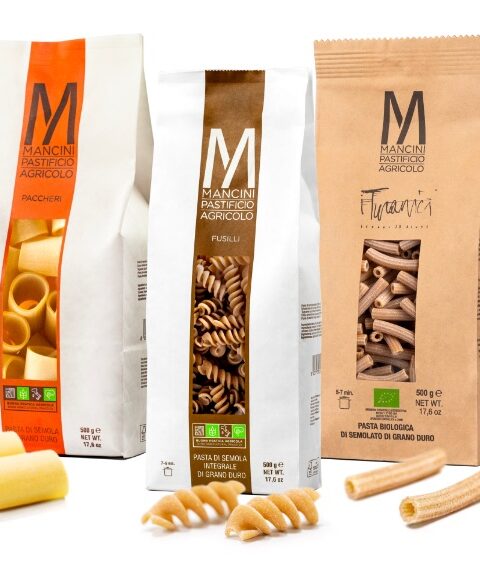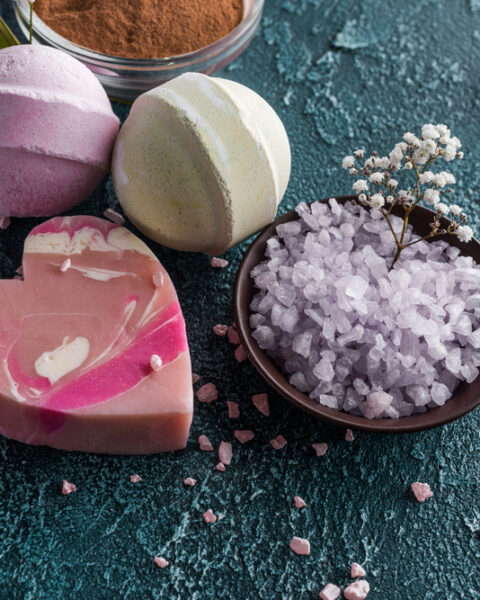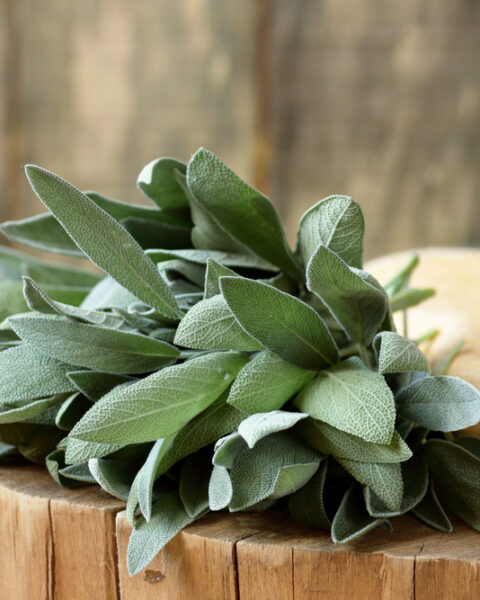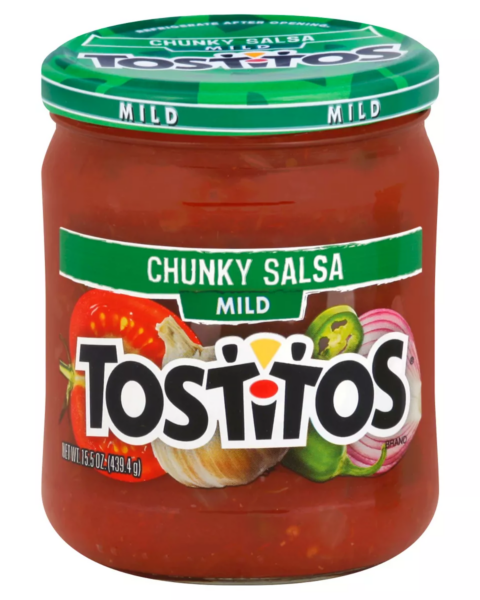Antibacterial wipes have become a household staple, perfect for quick and easy cleanups. However, not everything benefits from a swipe of these convenient cleaners. Using them on certain items can cause more harm than good or simply be ineffective. Understanding when to put down the wipes and choose a different cleaning method can save you time, money, and frustration. Here are some things you should think twice about before reaching for those antibacterial wipes.
Contents
Electronics
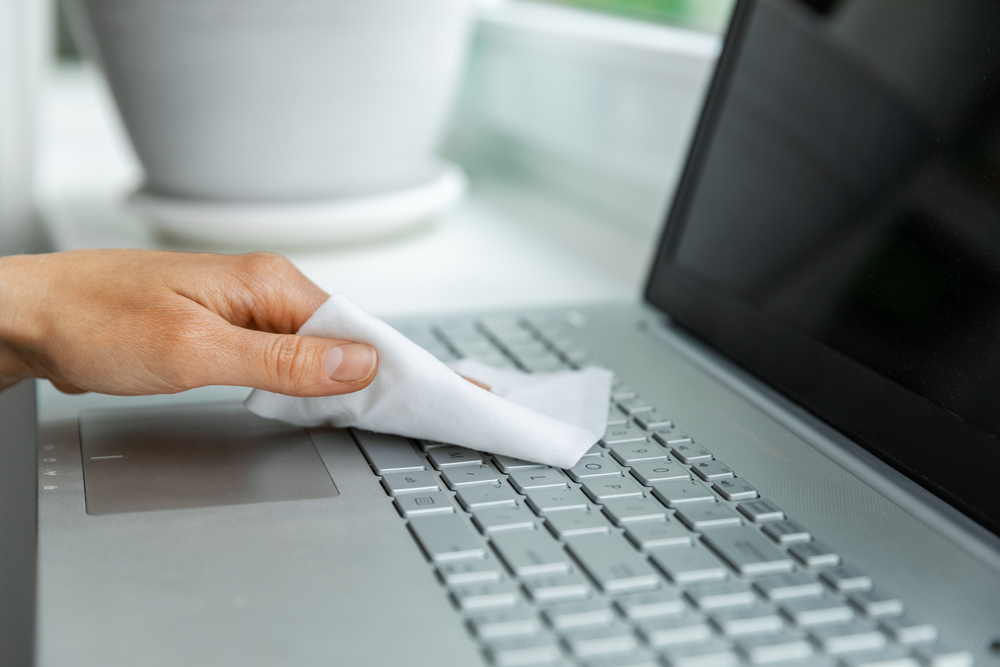
Antibacterial wipes can be too harsh for electronic screens and delicate components. The moisture from the wipes can seep into crevices and potentially damage the internal circuitry, leading to costly repairs. Additionally, the chemicals in the wipes can strip away protective coatings on screens, reducing clarity and touch sensitivity over time. Instead, use a microfiber cloth and a cleaner specifically designed for electronics to ensure your devices stay in good shape.
Wood Furniture
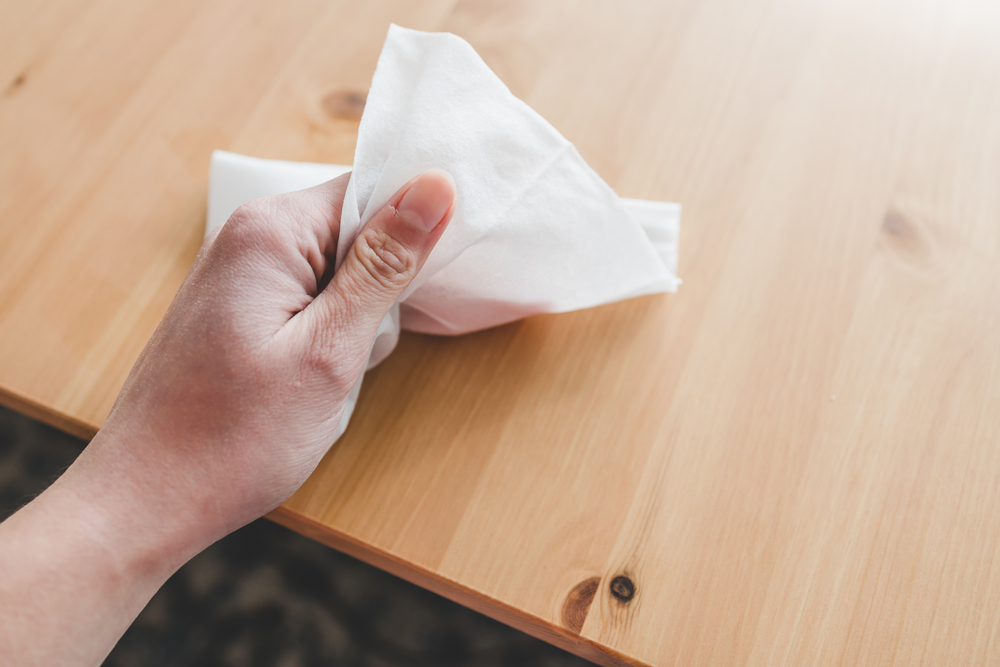
Using antibacterial wipes on wood furniture can cause more harm than good. The alcohol and other harsh chemicals in the wipes can strip away the protective finish, leaving the wood vulnerable to stains and moisture damage. Over time, this can lead to the wood becoming dry, brittle, and prone to cracking. For best results, use a wood-specific cleaner or a simple solution of mild soap and water to keep your furniture looking its best.
Leather
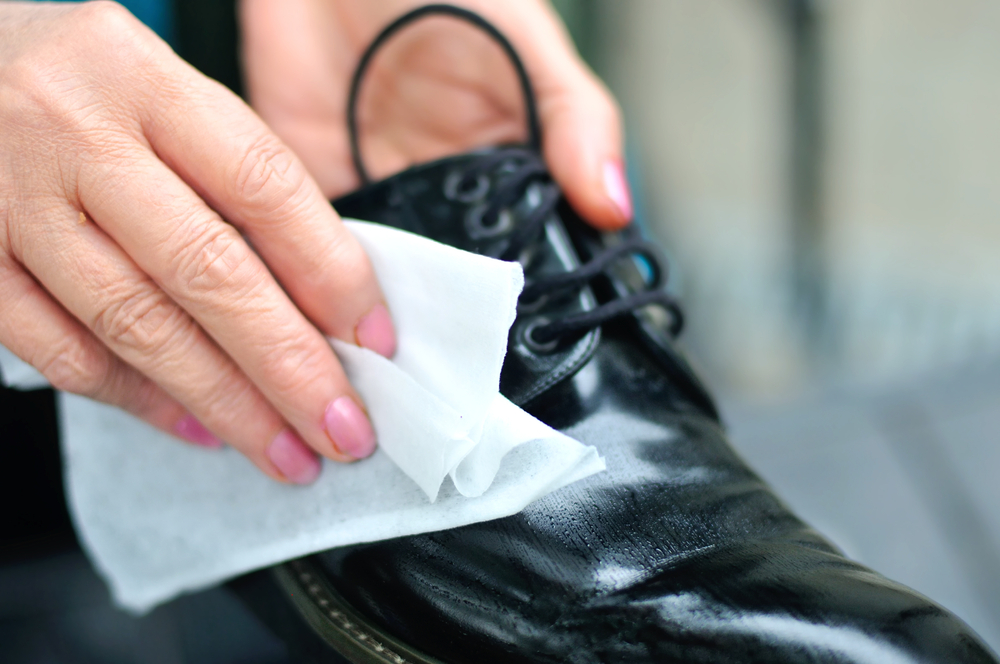
Leather surfaces require special care, and antibacterial wipes can dry them out, leading to cracks and damage. The wipes remove the natural oils that keep leather supple and moisturized, resulting in a rough texture and diminished appearance. Frequent use of these wipes can significantly shorten the lifespan of your leather items. Instead, opt for a leather cleaner and conditioner to maintain their luxurious look and feel.
Eyeglasses
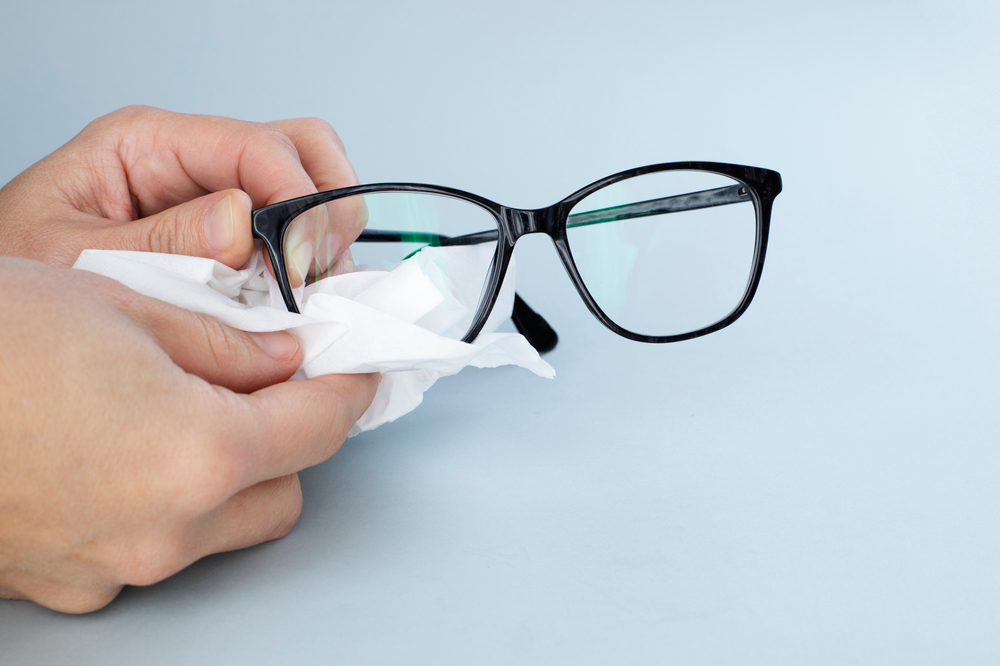
The chemicals in antibacterial wipes can damage the coatings on eyeglass lenses, such as anti-reflective or scratch-resistant layers. This can lead to smudges and streaks that are difficult to remove, impairing your vision. Additionally, the wipes can leave behind fibers that can scratch the lenses, further degrading their quality. It’s safer and more effective to use a lens cleaner and a microfiber cloth designed specifically for eyeglasses.
Kitchen Counters with Food Prep
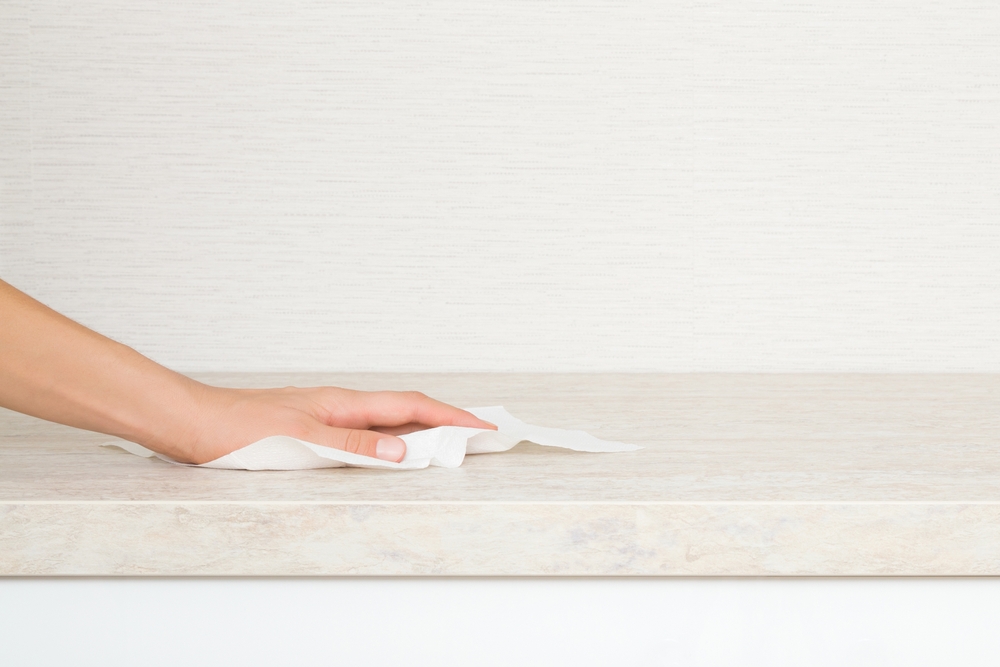
Antibacterial wipes might seem convenient for cleaning kitchen counters, but they often leave a residue that can contaminate your food. The chemicals in the wipes can transfer to food items, posing a potential health risk. Moreover, these wipes may not effectively remove all types of bacteria, especially if the surface is greasy. For a safer and more thorough clean, use a food-safe cleaner or a mixture of vinegar and water.
Stainless Steel
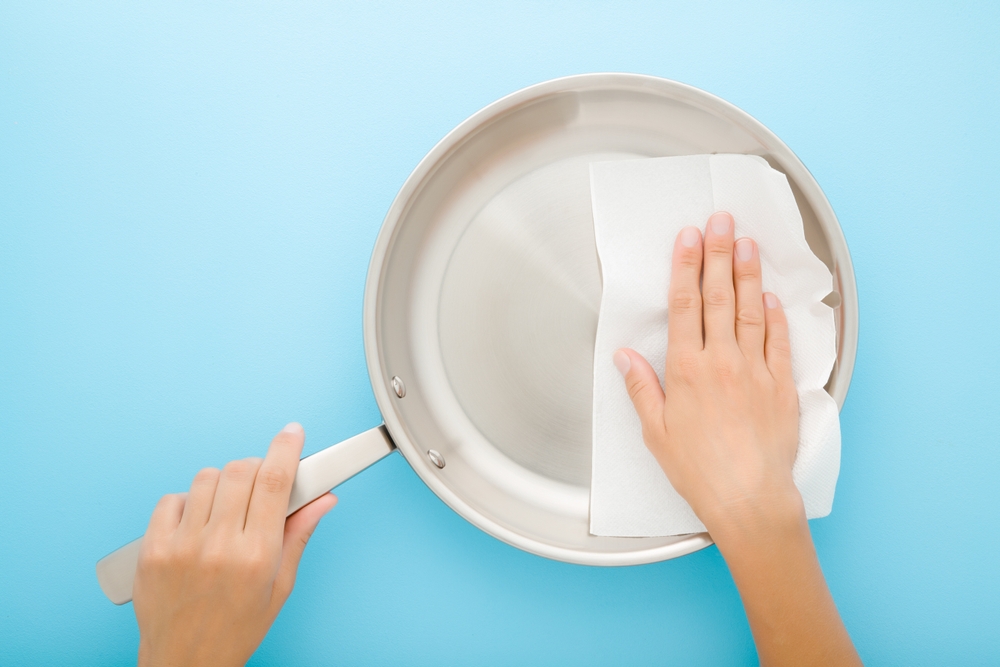
While antibacterial wipes are handy, they can leave unsightly streaks and smudges on stainless steel surfaces. The alcohol in the wipes can cause discoloration and damage the protective layer on stainless steel, leading to a dull and less polished appearance. To keep your stainless steel appliances looking their best, use a cleaner specifically designed for stainless steel, which will clean without causing damage.
Nonstick Cookware
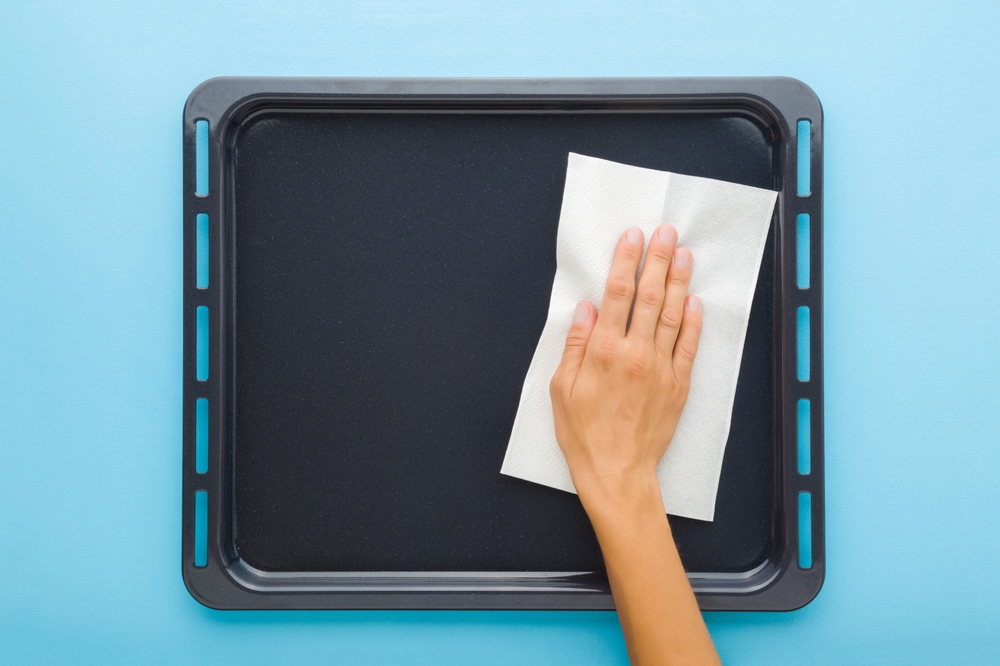
Antibacterial wipes can damage the nonstick coating on your pots and pans, making them less effective and causing food to stick during cooking. The chemicals in the wipes can also be harmful if they come into contact with food, posing health risks. For a safer and more effective clean, wash nonstick cookware with mild dish soap and a soft sponge, ensuring the longevity of your kitchen tools.
Car Interiors
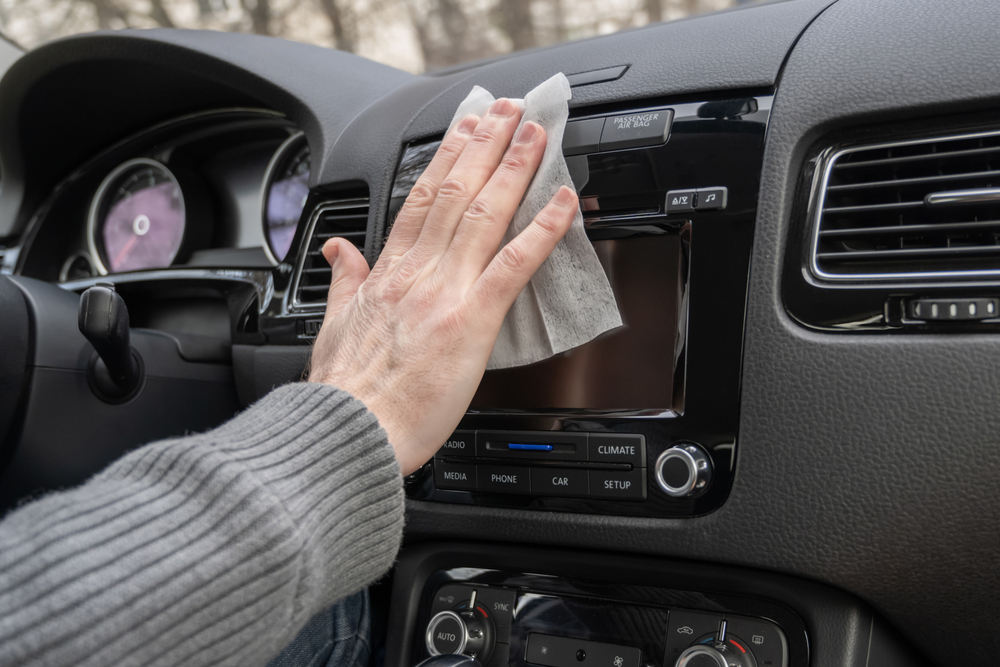
Using antibacterial wipes on your car’s interior, especially on leather and vinyl, can cause these materials to dry out and crack over time. The wipes can also leave behind a residue that attracts dust and dirt, making your car look less clean shortly after cleaning. To maintain the condition of your car’s interior, use products specifically designed for automotive surfaces, which are formulated to protect and clean without causing damage.
Cutting Boards
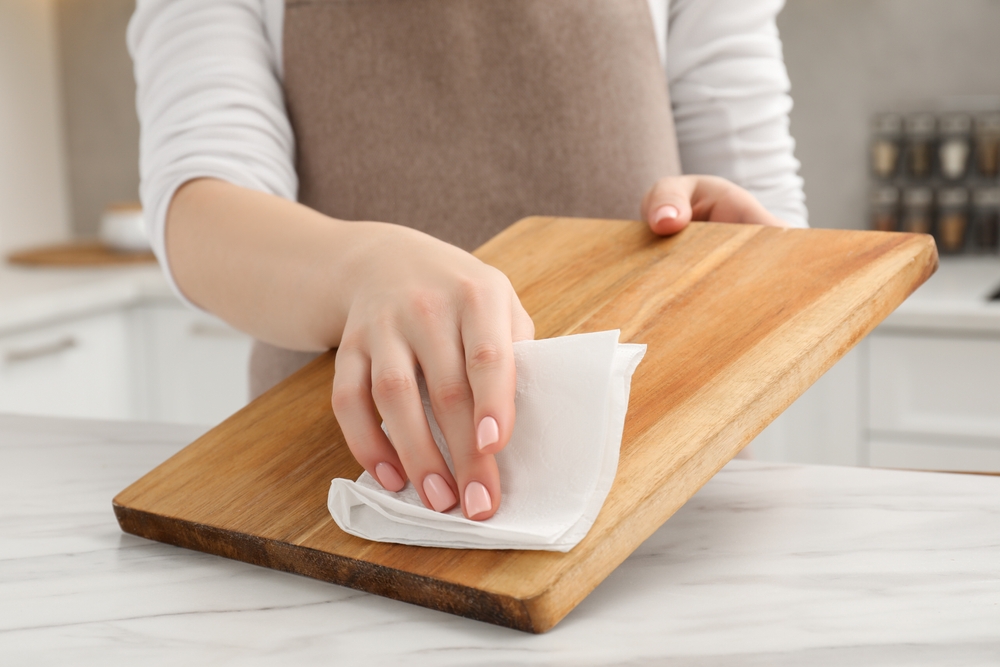
Antibacterial wipes might not thoroughly clean cutting boards, especially if they have deep grooves from knife cuts where bacteria can hide. The wipes can leave a chemical residue that can contaminate food, posing a health risk. Additionally, they might not effectively remove all bacteria, particularly on porous surfaces like wood. A more effective cleaning method is to wash cutting boards with hot, soapy water and sanitize them periodically with a solution of vinegar or diluted bleach.
Painted Walls

Antibacterial wipes can strip the paint off walls, especially if the paint is not properly sealed. The harsh chemicals in the wipes can cause discoloration and remove the finish, leaving unsightly patches and marks. Over time, frequent use of these wipes can result in a need for frequent touch-ups or even repainting. For cleaning painted walls, a soft cloth with mild soapy water is usually sufficient, keeping your walls looking fresh without causing damage.
This article originally appeared on RetailShout.
More From RetailShout
11 Effective Techniques for Opening Stubborn Jars
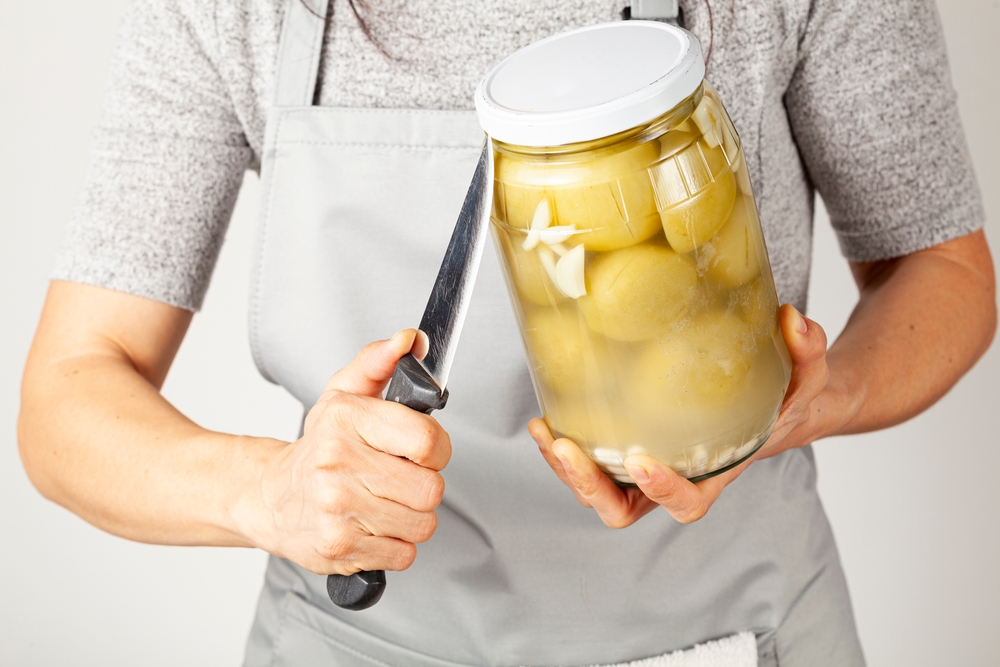
Ever struggled with a stubborn jar lid that just won’t budge? You’re not alone. Many of us have been there, twisting and turning with no success. But don’t worry, I’ve got you covered with some clever and easy ways to open those pesky jars. Read More.
10 Healthy Snacks That Aren’t as Good as They Seem

When it comes to eating healthy, it’s easy to fall into the trap of thinking that certain foods are good for you just because they’re marketed as “healthy” or “natural.” Unfortunately, many of these so-called health foods are actually loaded with sugar, preservatives, and other unhealthy ingredients. Read More.
21 Genius Cleaning Tips You Wish You Knew Earlier
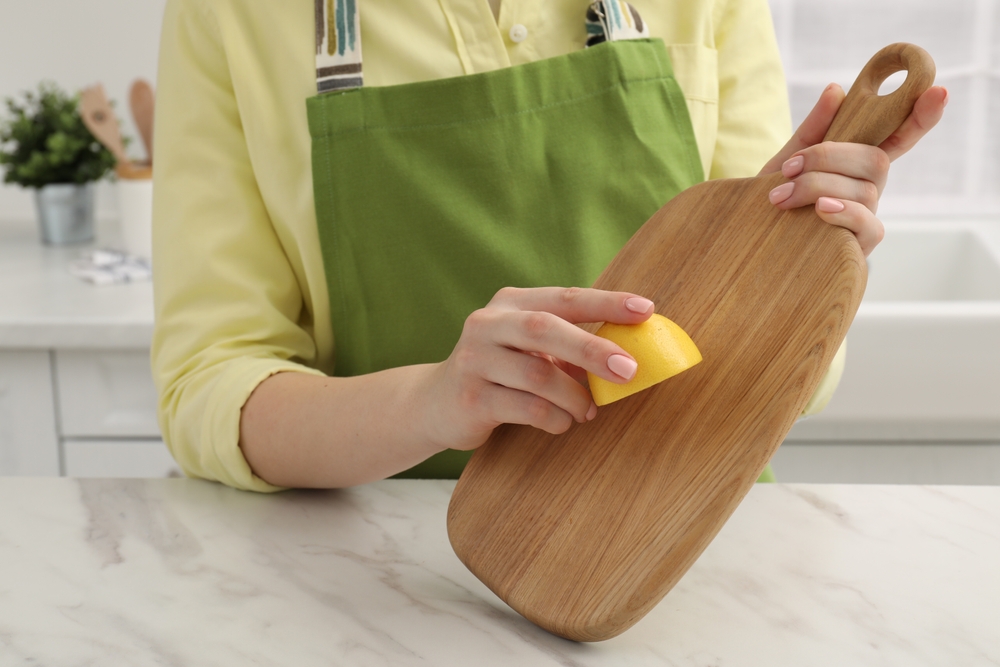
If you’re always looking for smarter ways to keep your home clean, you’ll love these hacks that are both practical and easy. Whether it’s deodorizing your fridge with coffee or cleaning your microwave with citrus, you’ll discover simple methods that save time and effort. Read More.


